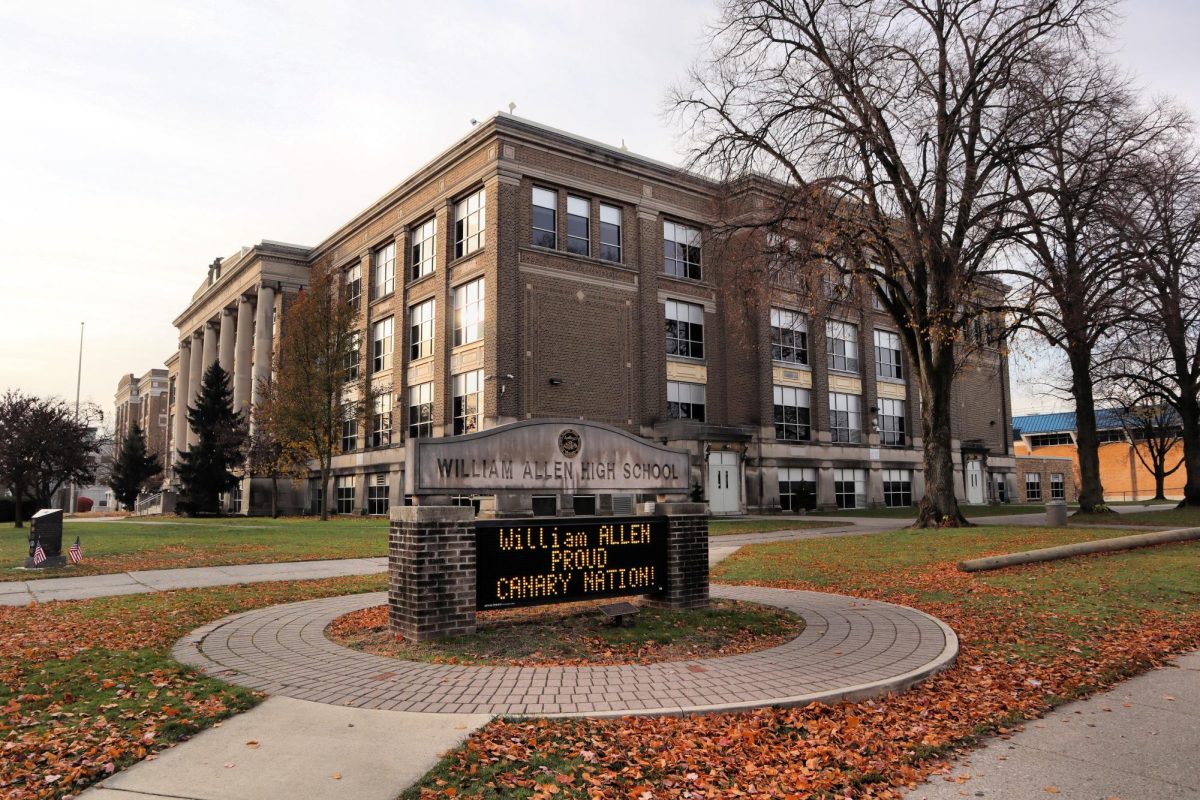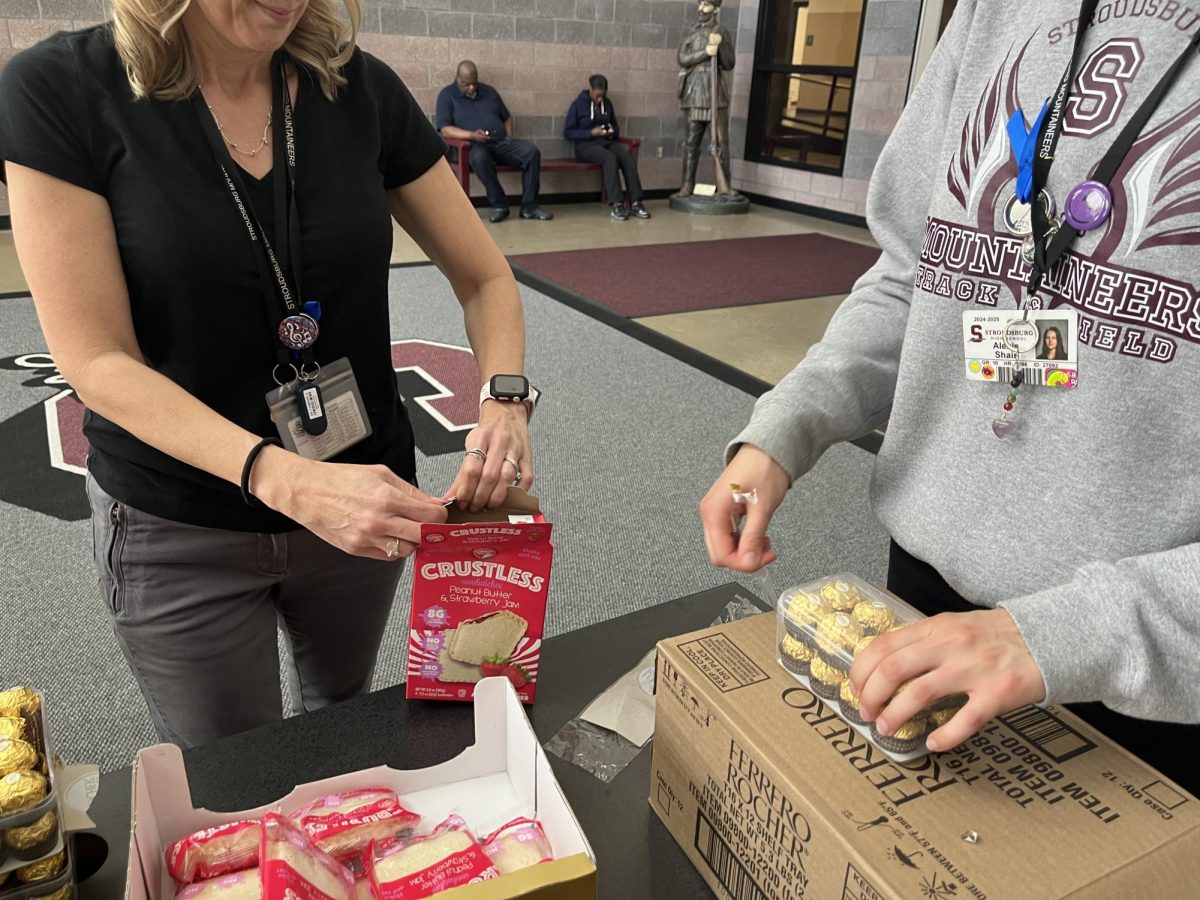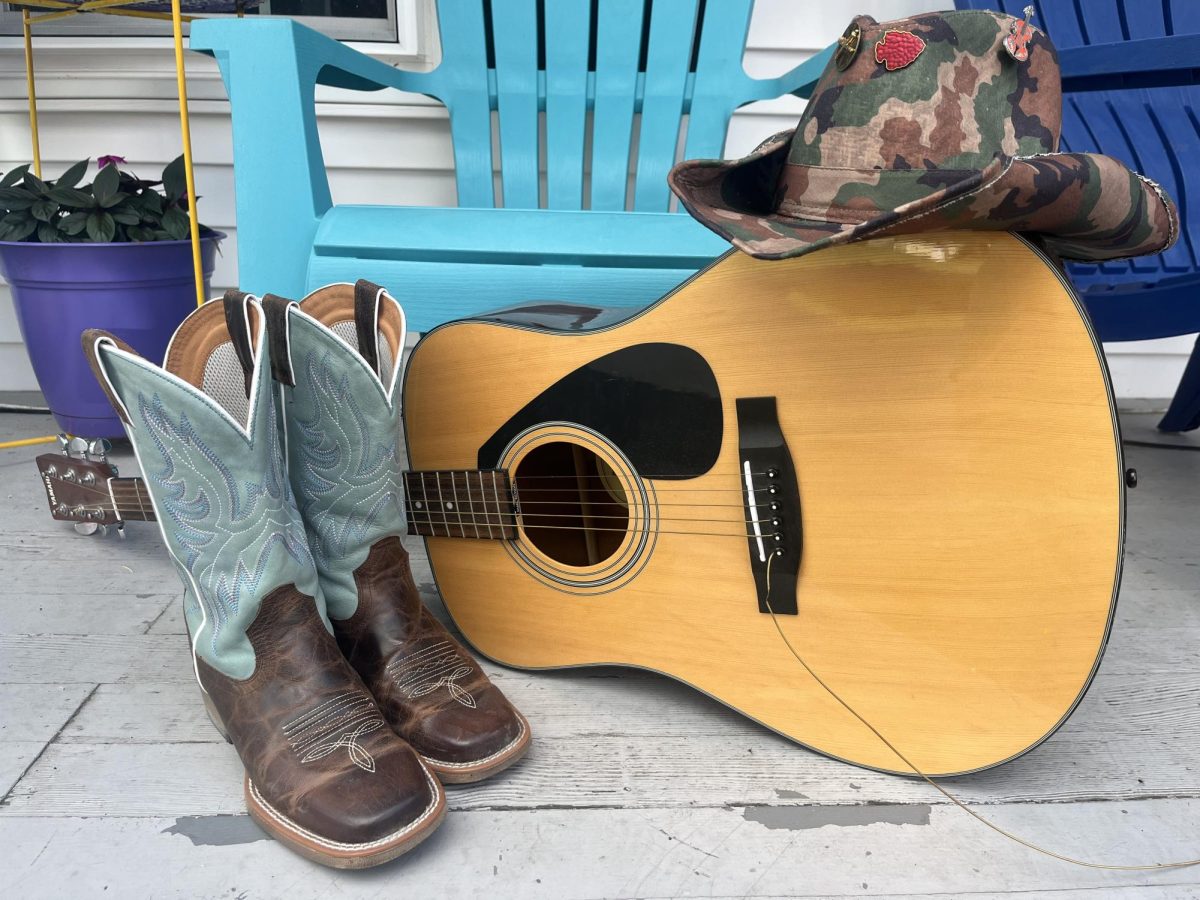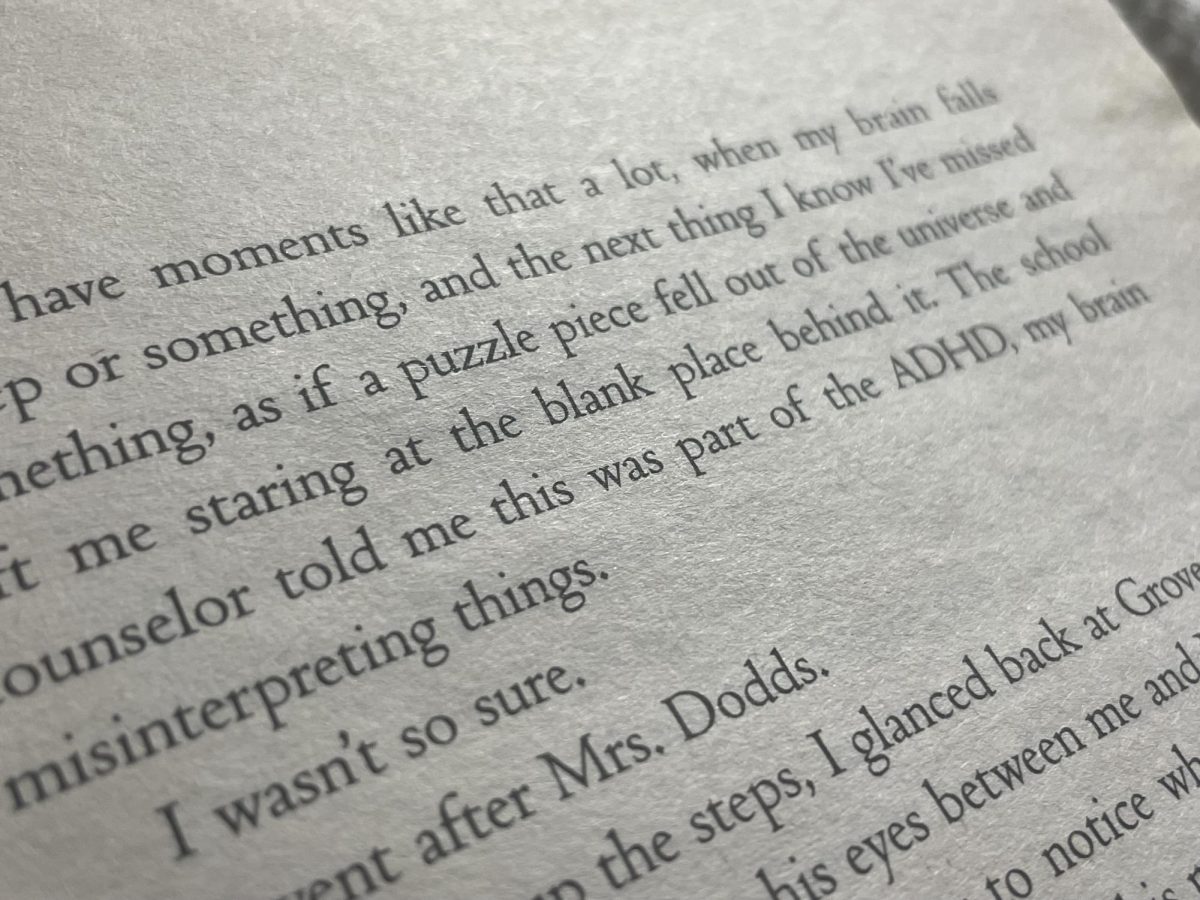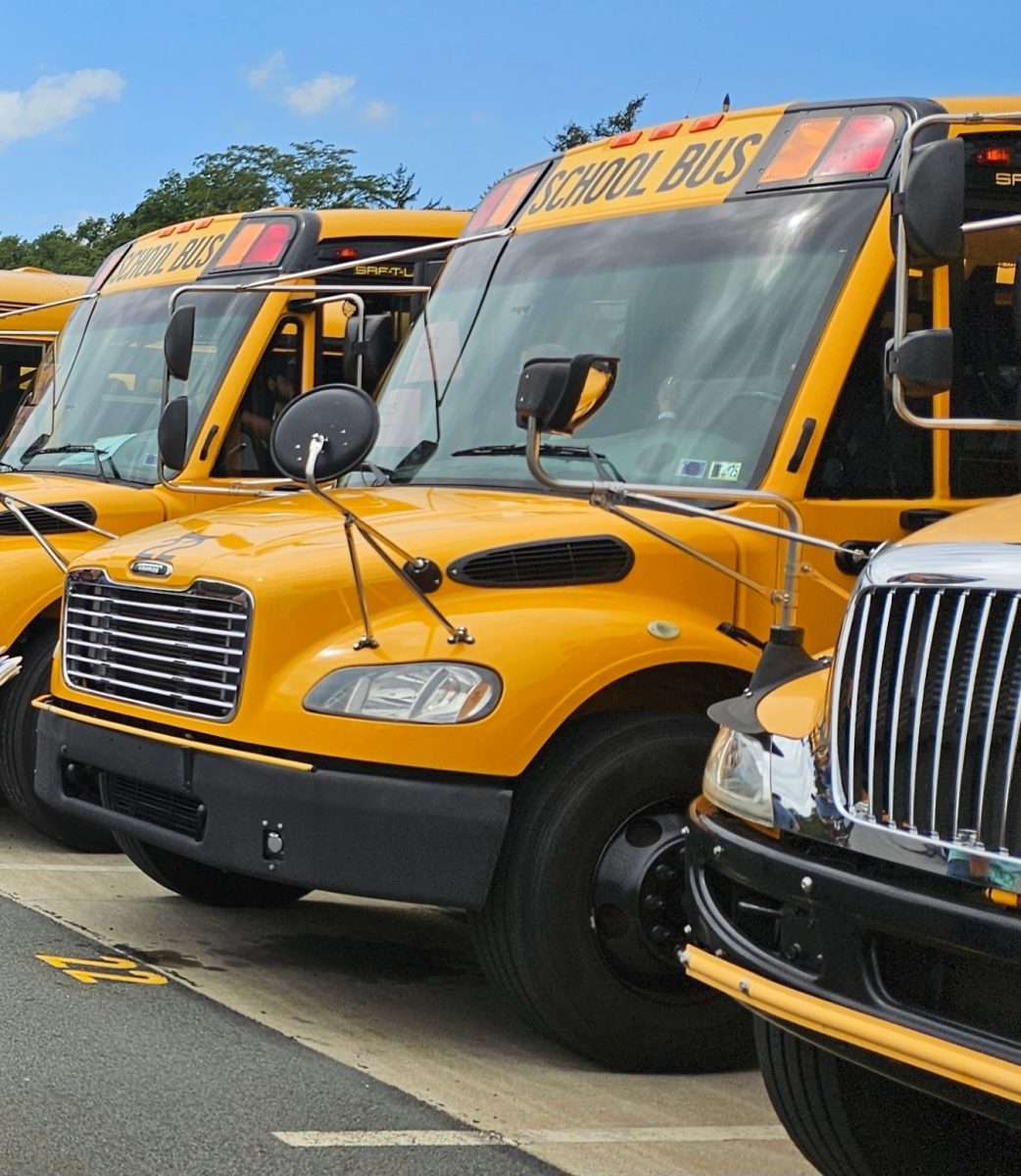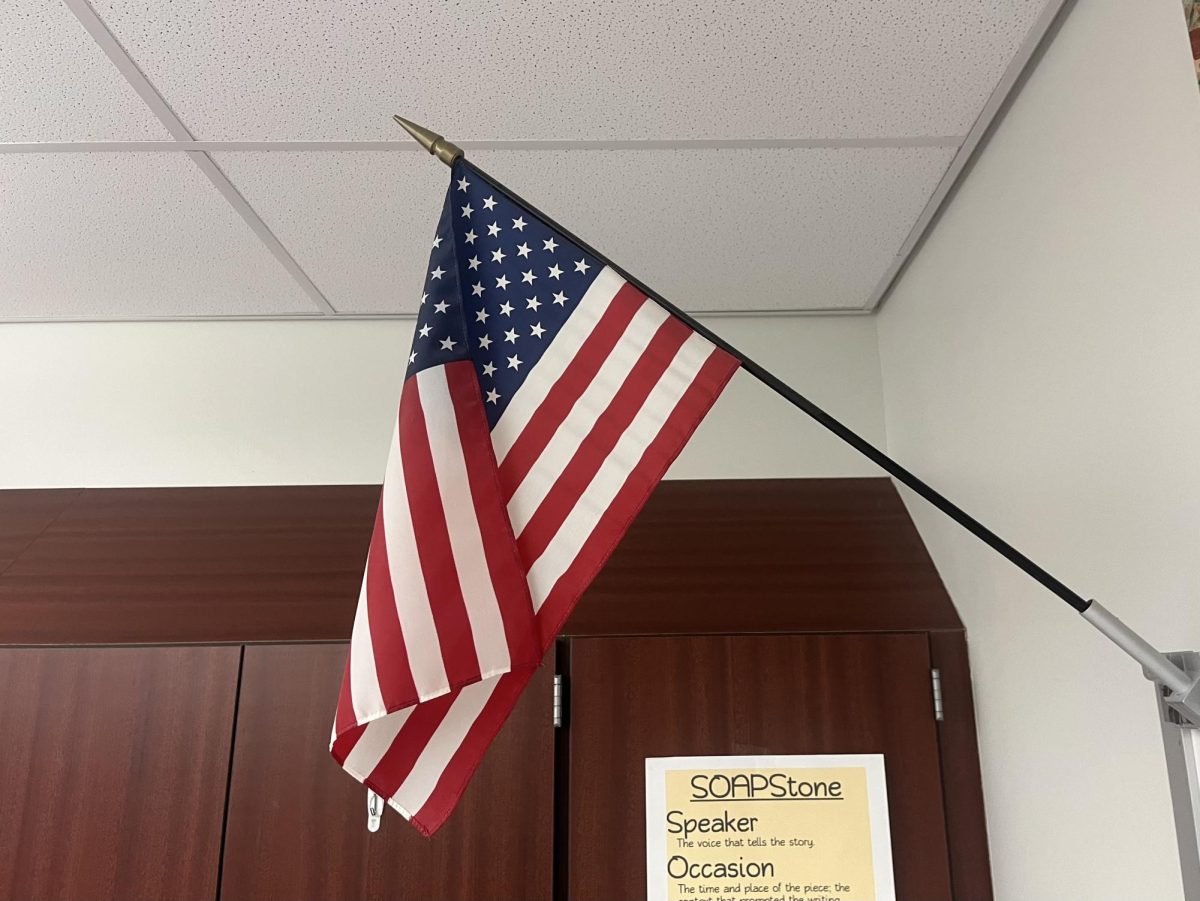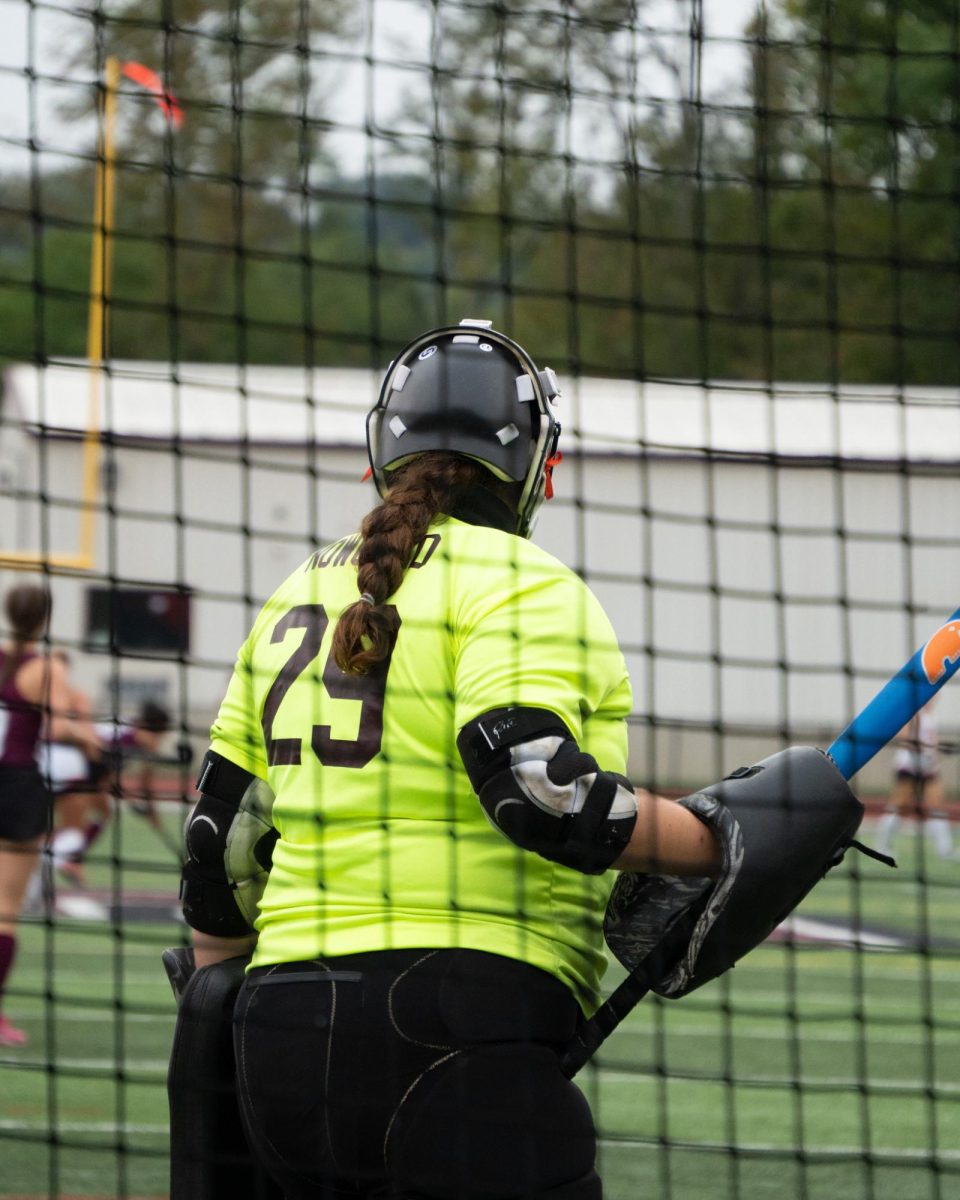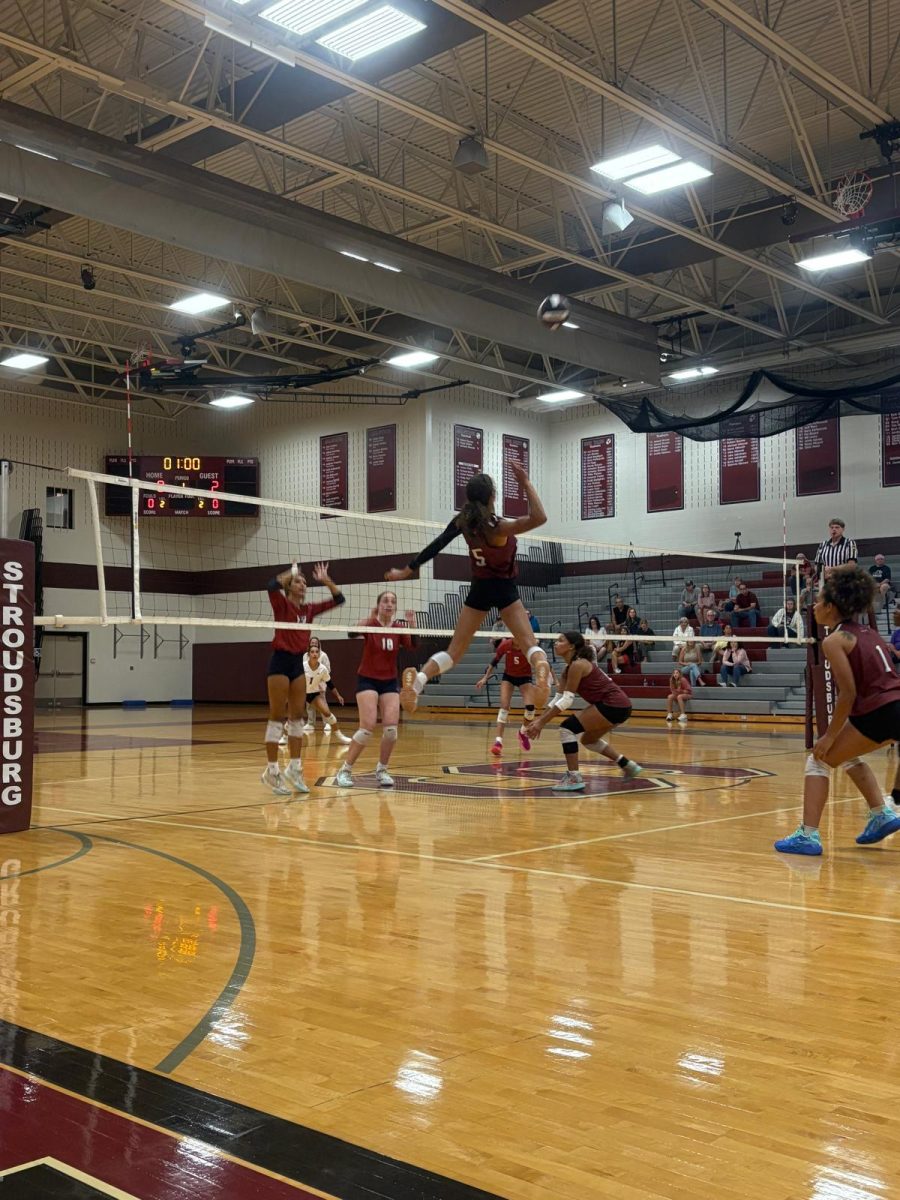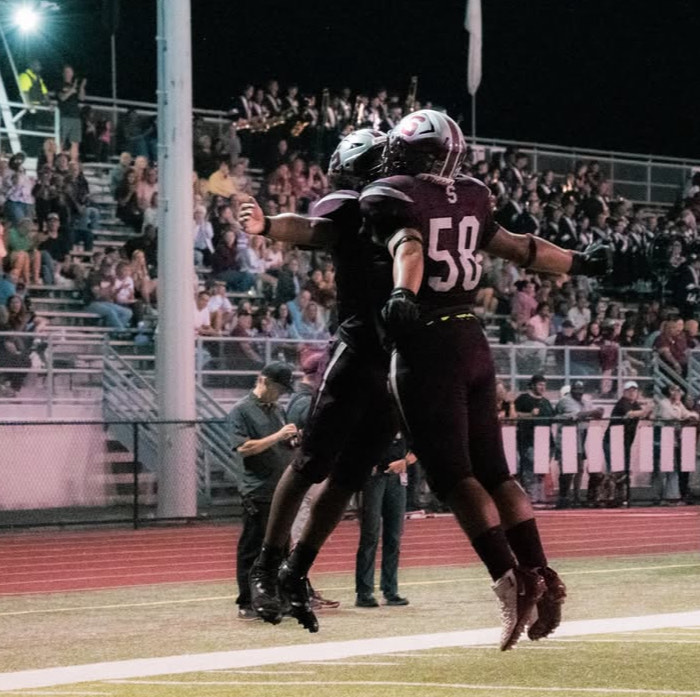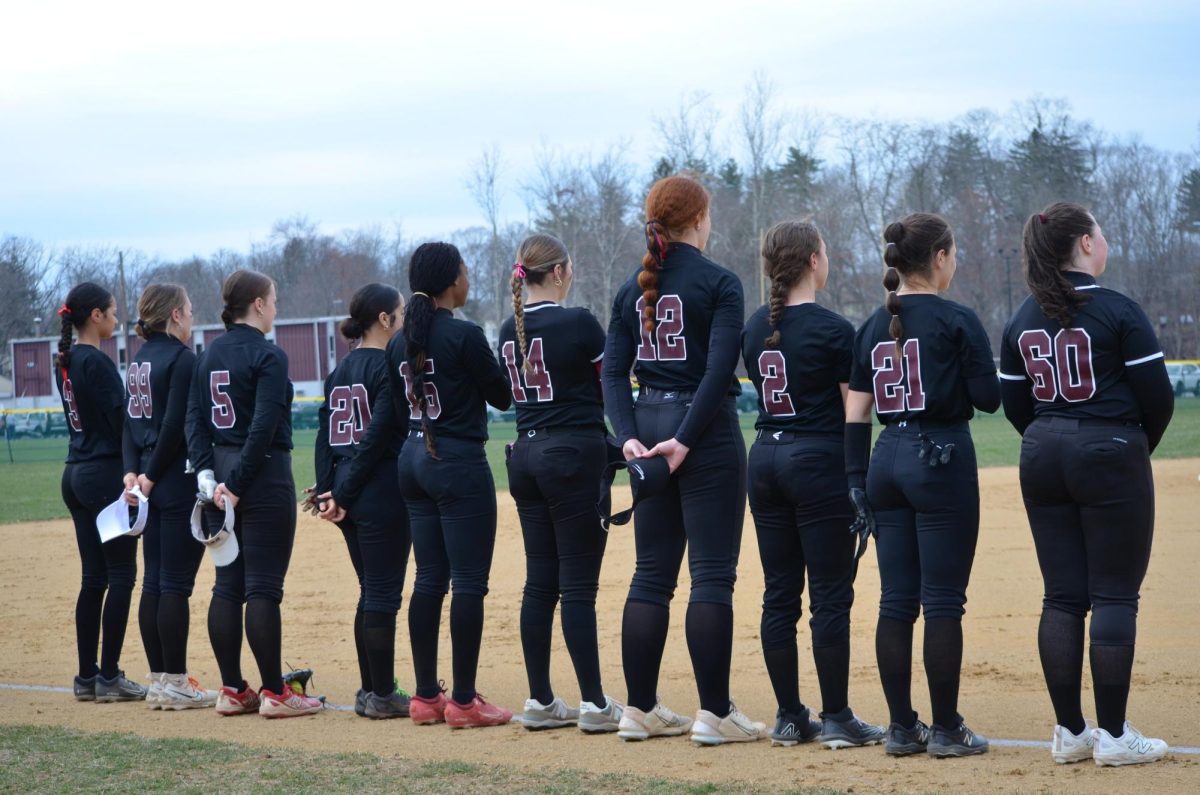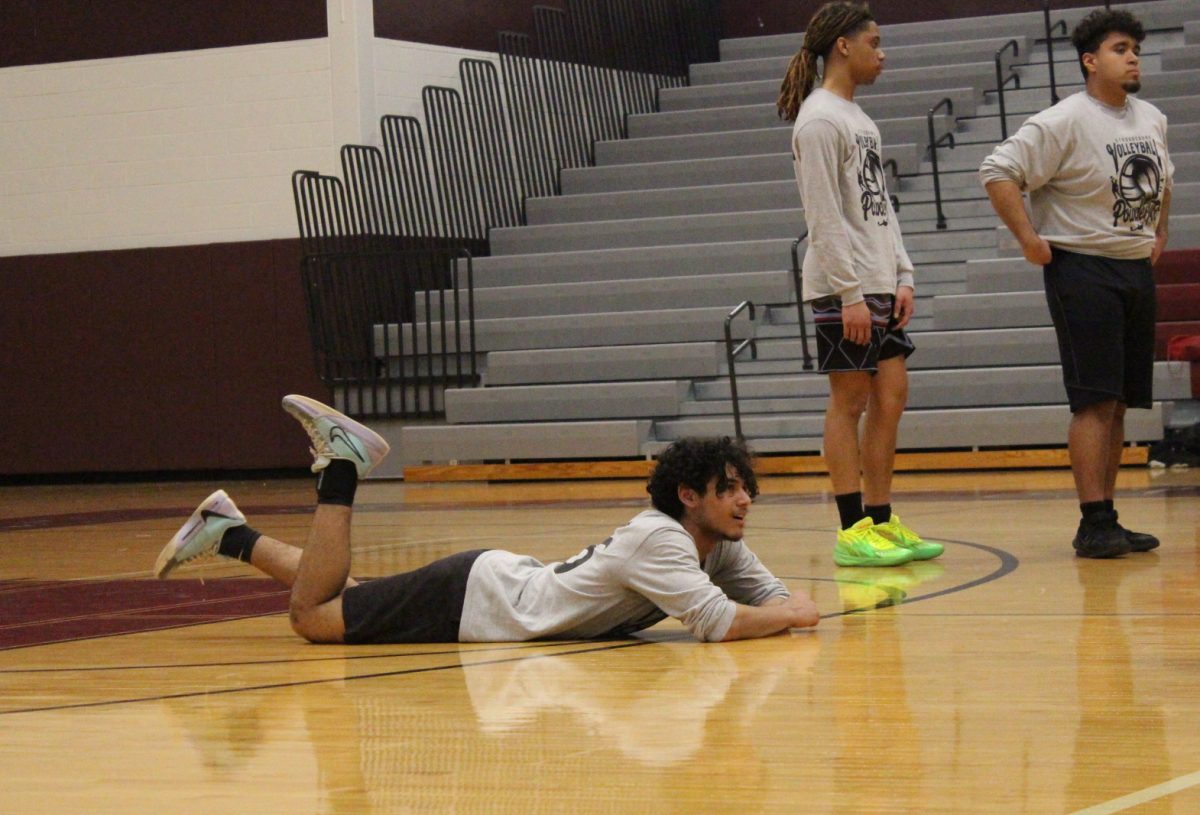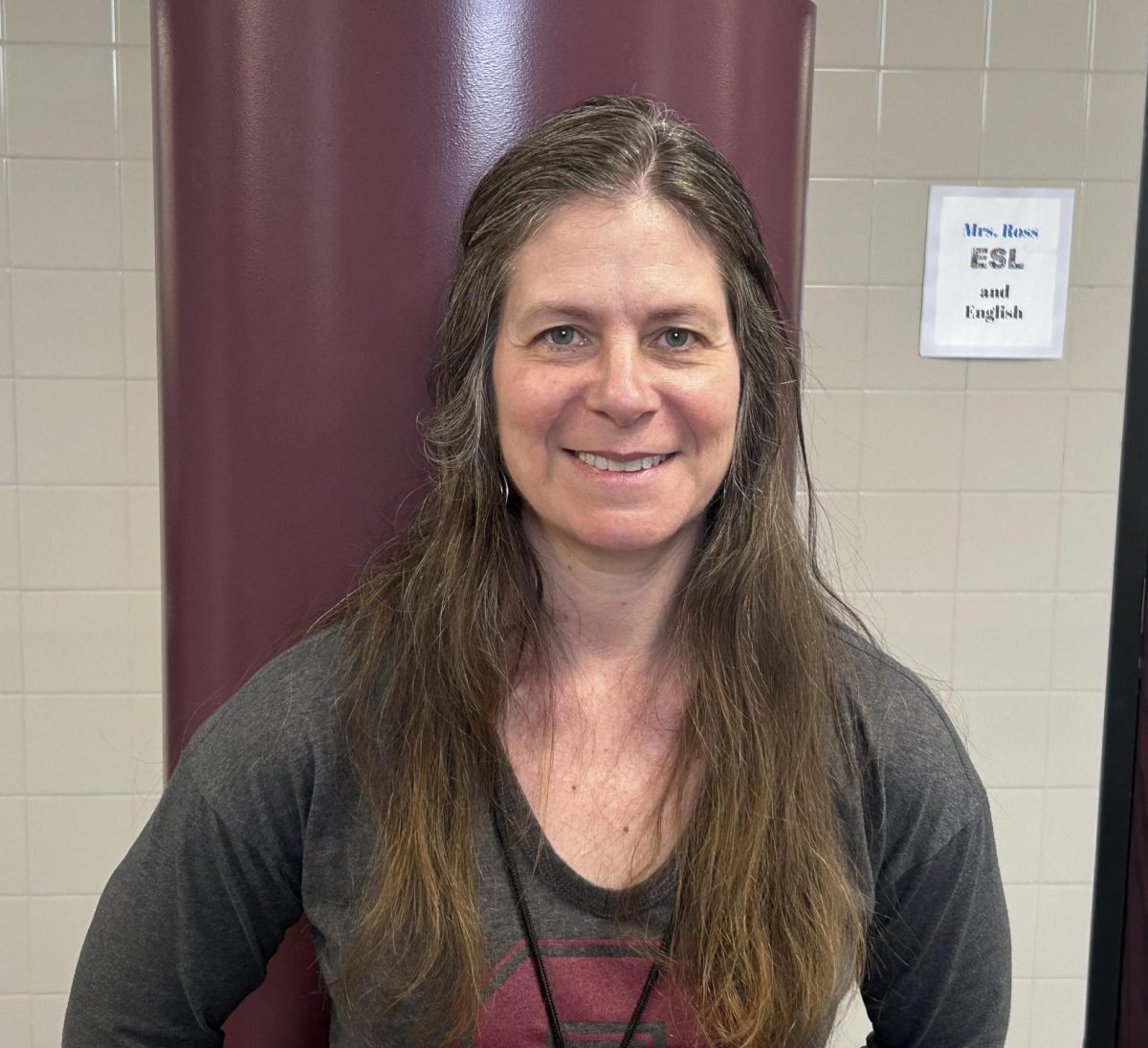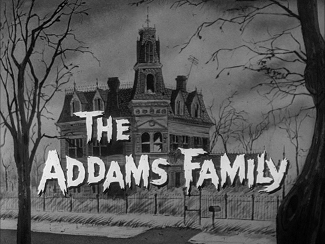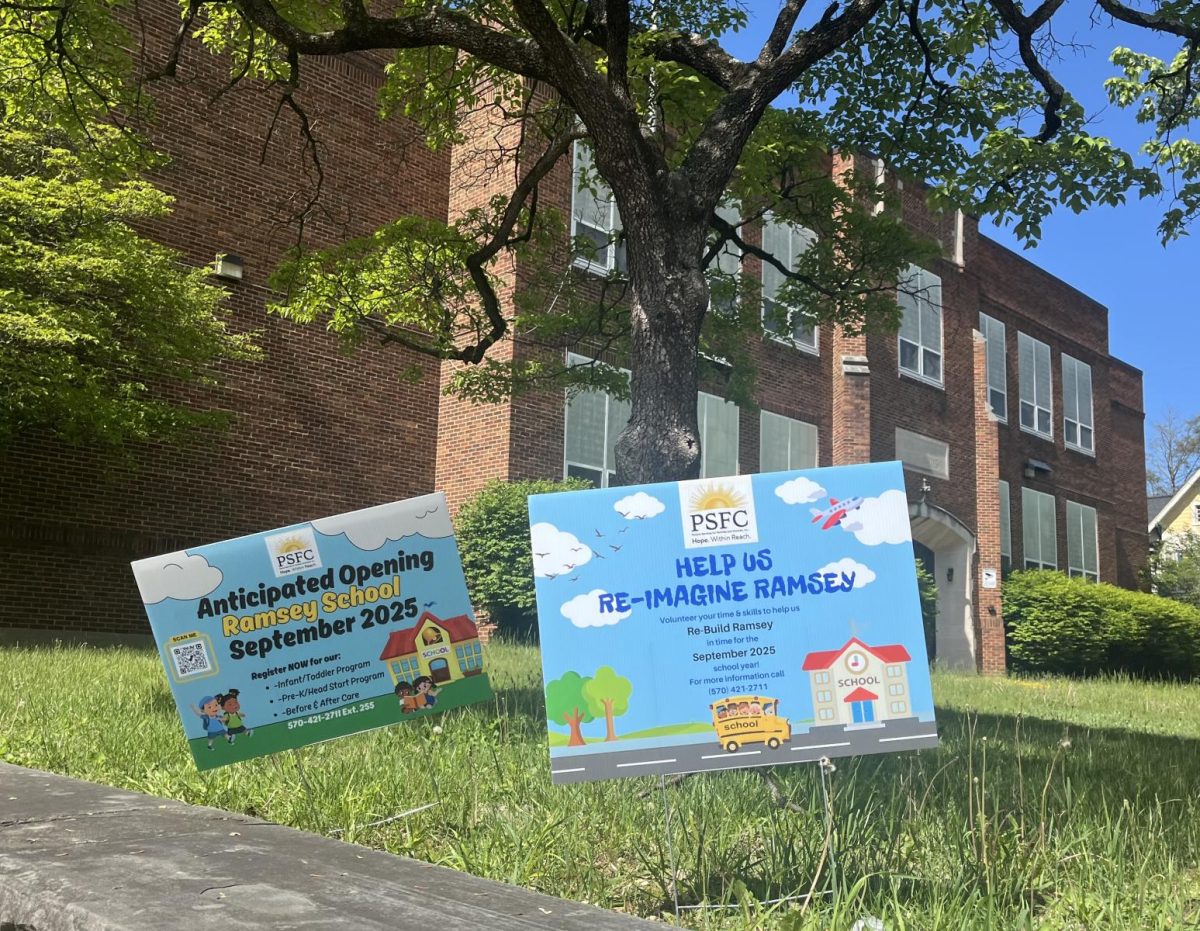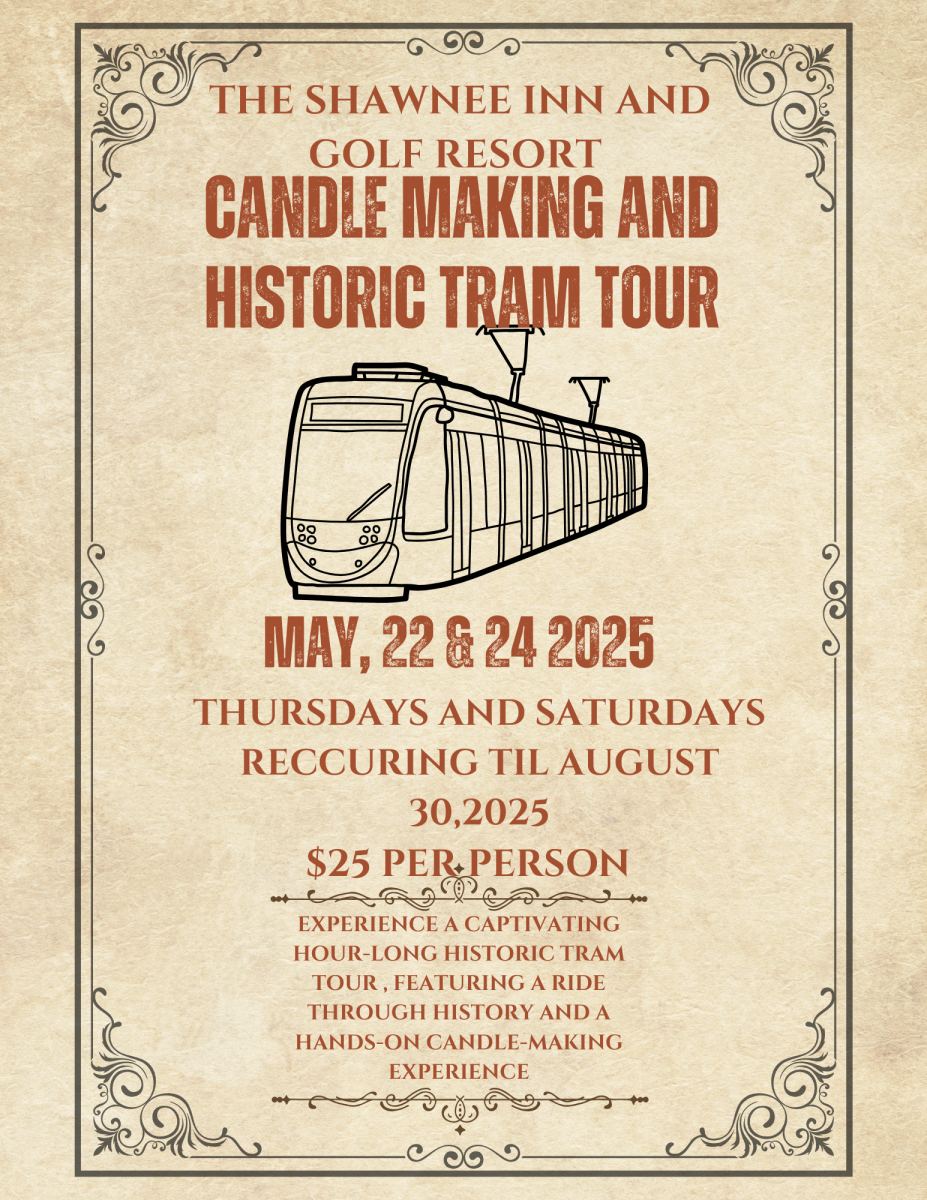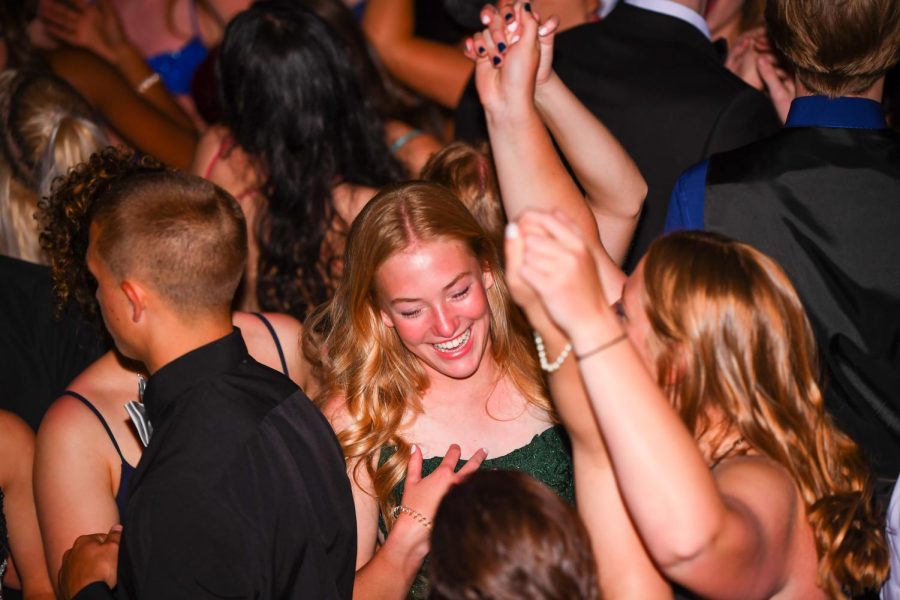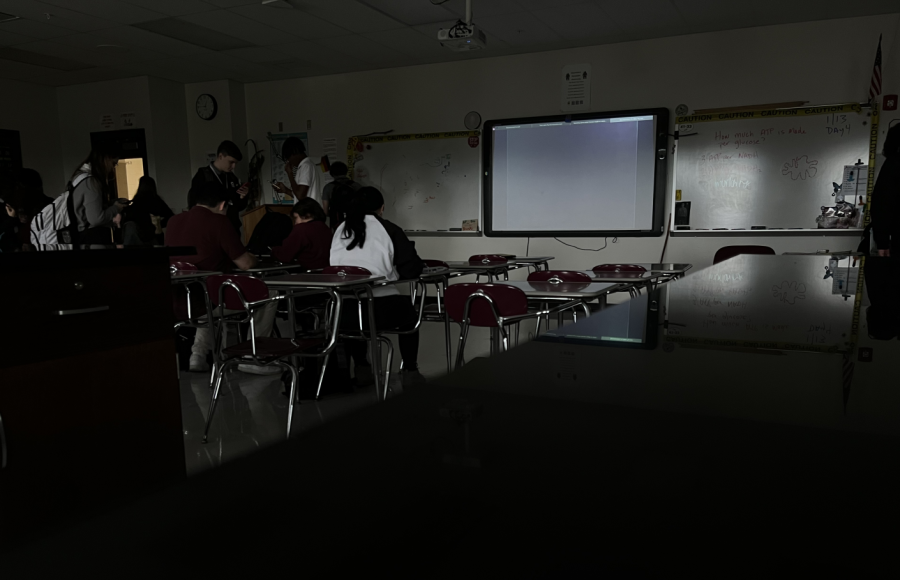The Psychology of Fitting In
March 27, 2023
Ever since childhood, humans have been trying to fit in. A big part of our development is finding a sense of belonging and a base in life.
There is no doubt that everyone once in their life has thought about their ‘role’ in this world. It might not seem like a big deal, but fitting in can affect us long term.
The question is, how?
Kids who isolate themselves develop big problems when they grow older, and these developmental problems are way more than just feeling lonely. According to presencelearning.com, isolation in childhood affects ‘oligodendrocytes’, the communication chain cells in the brain. This makes it harder for the brain to connect and form bonds, which is essential for adulthood.
According to an article, capmh.biomedcentral.com, by Susanne Helfert and Petra Warschburger, females and males have different experiences with trying to fit in.
Girls usually feel more pressure with fitting in than boys. This social pressure starts in middle school, as well as the concept of ‘agreeableness’.
In psychology, agreeableness is the way you put others before yourself in order to help people. Not having an agreeable personality can make it hard as an adult to form connections and bonds. Typically, females score higher on agreeableness than males.
By the time kids are in high school, most students have a group or ‘clique’ that is not unnoticed by teachers. Teachers have a big impact on students’ lives and can affect them greatly. They pick up more than students think and help kids without us noticing. Ethan Custard has a story on the effect teachers have on students’ lives. You can check it out here!
Ms. Jennifer Laskowski, a biology teacher at Stroudsburg High School, says, “When I have group work and I see a kid who I know doesn’t have a social group, I try to be proactive and make sure they have people to work with before letting students pick partners.”
Social pressure affects adulthood in the same way it can affect childhood. Remembering the pressure you had as a child to fit in can seep into adulthood, causing issues with self-esteem and having control over your own life.
There can also be factors that make certain students feel like they cannot fit in. Whether it is race, sexuality, or gender. “I was the only black student at my school in Ohio, it was hard to make friends.”, said Junior Tysheem Staples.
All of this grows to one thing – adulthood. A study by researchers from King’s College London found that children who did not fit in and were bullied had poorer physical and mental health by the age of 50. They also have a higher risk of depression, anxiety, and suicide.
The notion that not fitting in and bullying is a regular part of childhood needs to come to an end. It can no longer be denied that fitting in is something that fades away into adulthood. The need for acceptance is crucial in today’s society.
There are ways that not fitting in can be self-accepted. Acceptance of who we are is one of the most important parts of life. In high school, it isn’t uncommon for students to try and change themselves in order to fit into a certain group.
A lot of high schools, like our own, have formed groups to bring people together who feel the same social pressure of not fitting in. This includes Stroudsburg’s Aevidum, TAP, and GSA. These are all groups in which students have a place to feel comfortable being themselves.

